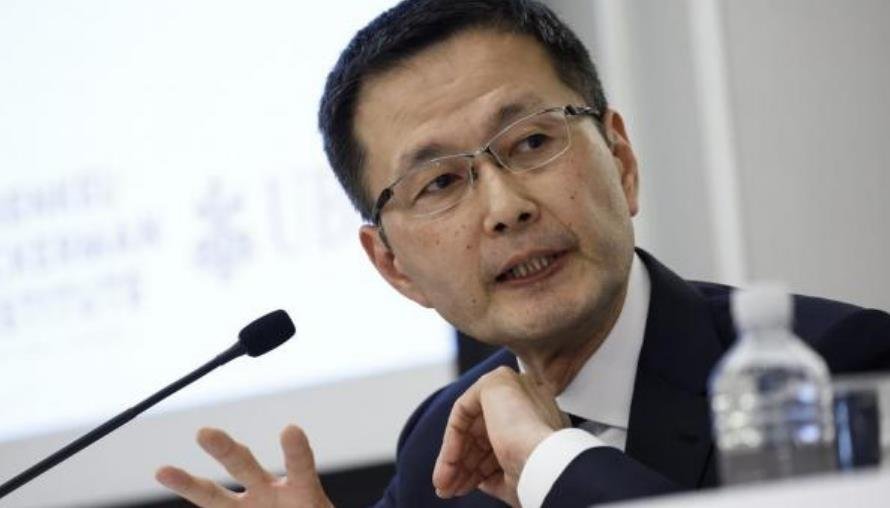The Bank of Japan (BOJ) Deputy Governor Ryozo Himino hinted that the central bank may be ready to end its negative interest rate policy by next year, according to an interview with a newspaper published on Monday. Himino said that the BOJ might have enough data by the end of this year to judge whether it could raise the short-term deposit rate from minus 0.1%, which has been in place since 2016.
The negative rate policy is one of the key tools that the BOJ has used to stimulate the economy and fight deflation, along with massive asset purchases and yield curve control (YCC). The policy aims to encourage banks to lend more and discourage them from holding excess reserves at the BOJ, thus lowering borrowing costs and boosting inflation expectations.

However, the policy has also faced criticism for hurting bank profits, distorting market signals, and eroding public confidence in the monetary system. Some analysts have argued that the policy has reached its limit and that the BOJ should consider raising the rate as the economy recovers from the pandemic and inflation picks up.
Economic Outlook and Inflation Dynamics
Himino said that the BOJ’s economic outlook has improved significantly since the start of the year, thanks to the progress of vaccinations, the easing of lockdowns, and the strong external demand. He said that the BOJ expects the economy to grow by around 4% in the fiscal year ending in March 2024, and by around 3% in the following year.
He also said that the BOJ sees inflation rising gradually toward its 2% target, as the output gap narrows and wage growth accelerates. He said that the BOJ expects the core consumer price index (CPI), which excludes fresh food, to rise by 0.6% in the current fiscal year, and by 1.4% in the next year.
However, he also acknowledged that there are still uncertainties and risks surrounding the economic and inflation outlook, such as the impact of the new coronavirus variants, the pace of fiscal consolidation, and the global supply chain disruptions. He said that the BOJ will continue to monitor the situation closely and adjust its policy as needed.
Policy Implications and Market Reactions
Himino’s comments suggest that the BOJ may be preparing to exit from its ultra-easy monetary policy sooner than expected, as the economy recovers and inflation rises. However, he also stressed that the BOJ will not act hastily or prematurely, and that any policy change will depend on the data and the outlook.
He also said that the BOJ will communicate its policy intentions clearly and transparently to the public and the markets, to avoid any confusion or misunderstanding. He said that the BOJ will explain the rationale and the implications of its policy decisions, and how they are consistent with its mandate and its framework.
The market reaction to Himino’s remarks was muted, as traders have already priced in some expectations of a rate hike by the BOJ in the near future. The 10-year Japanese government bond (JGB) yield rose slightly to 0.07%, while the yen strengthened slightly to 113.5 against the US dollar.
